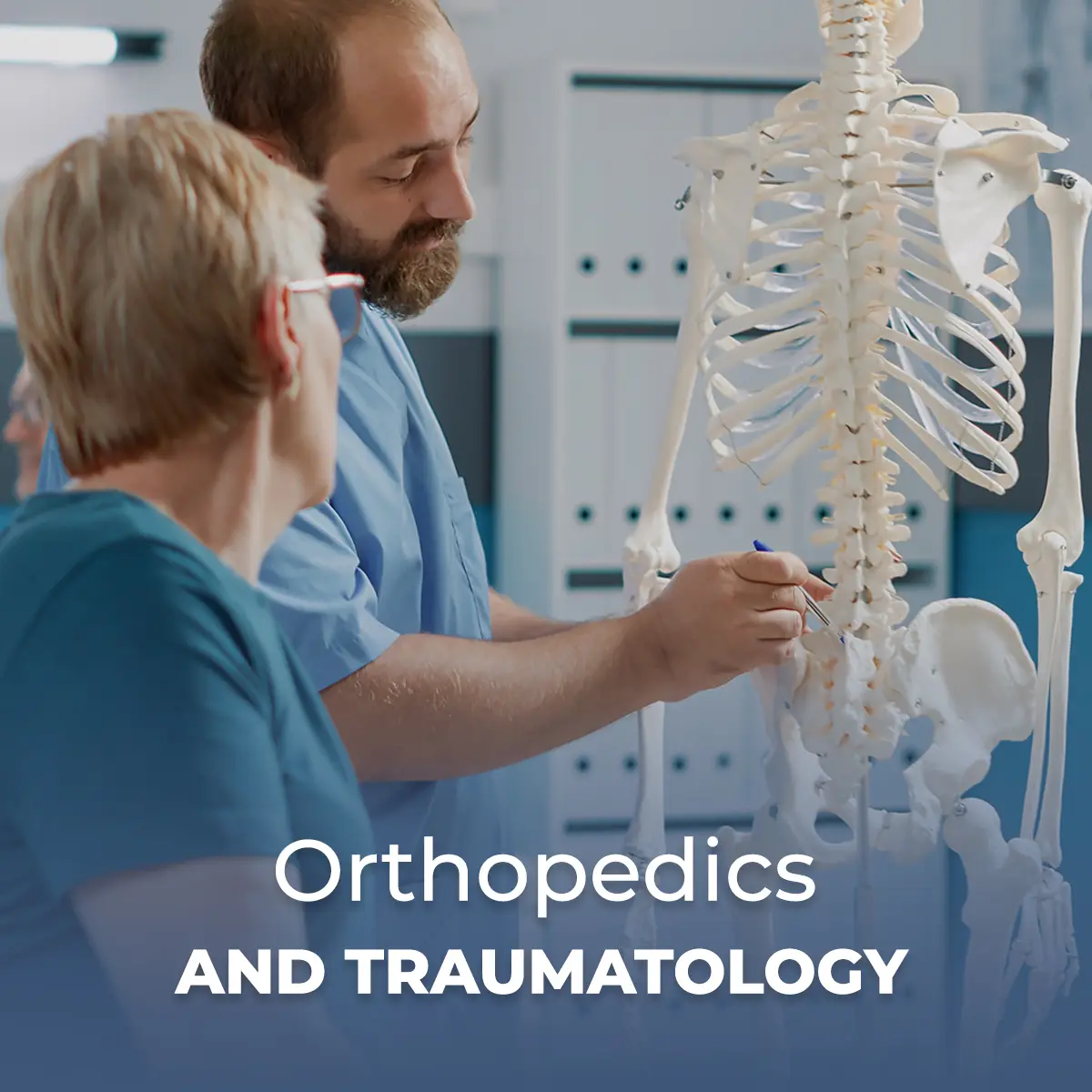Colon Cancer
Colon cancer is a form of cancer that affects the big intestine’s colon. It is one of the most widespread forms of cancer, and if caught early enough, it is generally curable.
There are numerous techniques available to assist individuals to overcome colon cancer, including Surgery, Radiation therapy, Chemotherapy, Targeted therapy, and, Immunotherapy.
Benefits list:
- Significant savings compared to treatments in the home country
- The total package covers both trip preparations and post-treatment care
- Privacy and discretion are maintained
- Cultural interactions during medical treatment
- Cutting-edge diagnostic services
- Cutting-edge medicines and technologies
- A high rate of success
FREQUENTLY ASKED QUESTIONS
Colon cancer is a form of cancer that starts in the large intestine (colon), which is located at the bottom of the digestive tract. It happens when cells in the colon begin to grow uncontrolled, forming a lump of tissue known as a tumor. If these tumors are not treated, they can develop and spread to other regions of the body via the bloodstream or lymphatic system. Blood in the stool is the most common indication of colon cancer, although other symptoms may include abdominal discomfort, changes in bowel habits, and unintentional weight loss. Regular screening and early identification can improve treatment outcomes.
Among the cancer therapies provided at our clinic are: surgery Radiation treatment, hormonal therapy, chemotherapy, and immunotherapy are all options.
It is critical to emphasize that the optimal therapy will be chosen by the individual's specific situation, which includes illness stage and grade, overall health, and personal preferences.
We offer many types of post-treatment care to cancer patients, depending on their specific needs and the therapies they have received. Some of the most common types of after-treatment care are as follows:
- Follow-up appointments: Regular check-ins with the treating physician to assess the patient's progress and address any issues or challenges that may arise.
- Pain management refers to techniques and medications that help patients cope with any discomfort or pain produced by their therapy.
- Physical therapy is used to help patients regain strength, mobility, and range of motion that may have been harmed as a result of their treatment.
- Occupational therapy is assisting patients in developing new skills or adjusting to physical limitations caused by their treatment.
“Upgrade your healthcare and travel experience with us.”


